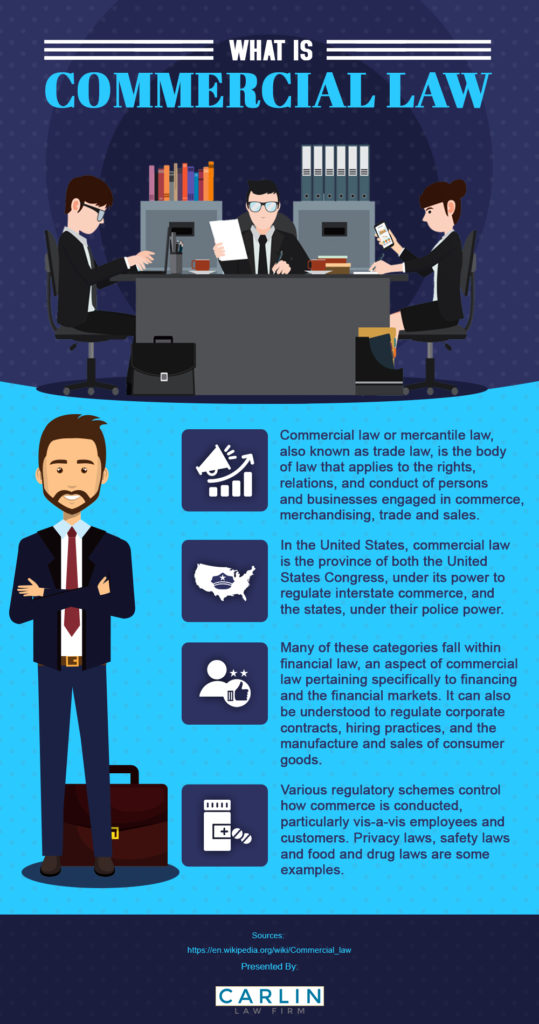Many Florida business litigation and Fort Lauderdale and Palm Beach commercial litigation lawyers file lawsuits in state court without recognizing that the lawsuit may be filed in federal court. Litigating cases in federal court may sometimes be preferred because, among other things, federal judges generally have fewer cases than state court judges (and, therefore, may have greater resources to devote to the case) and implement scheduling orders (see Fed. R. Civ. P. 16) to ensure that the case will be tried within a reasonable time (e.g., 18 months). On the other hand, in state court, there are often no scheduling orders, and the rules for amending pleadings are more liberal, often making the proceedings more protracted (i.e., at least twice as long). If federal court may be preferred, how does one get into federal court?
There are two ways in which a federal court may have subject matter jurisdiction over a case. The first is so-called “federal question” jurisdiction under 28 U.S.C. § 1331, which provides that “district courts shall have jurisdiction of all civil actions arising under the Constitution, laws, or treaties of the United States.” The other is diversity jurisdiction under 28 U.S.C. § 1332, which permits a federal court to preside over matters where the amount in controversy exceeds $75,000.00 and the dispute is between citizens of different states. Complete diversity is required, meaning that no defendant may be a citizen of the same state as a plaintiff.
A business entity’s “citizenship” is determined by its state of incorporation or where its place of business is located—i.e., its “headquarters” or “nerve center,” where its directors, officers, or managers control the entity. See Hertz Corp. v. Friend, 559 U.S. 77 (2010). For partnerships and limited liability companies, however, citizenship is determined by the individuals who control the entity—namely, its partners and members. Finally, when a decedent’s estate is a party to the litigation, citizenship is determined by the estate in which the decedent was a citizen; the personal representative’s citizenship is irrelevant.
If you’re in need of representation in a federal business dispute, call a Fort Lauderdale and Palm Beach business lawyer at (954) 440-0901 for assistance. The Fort Lauderdale and Palm Beach business lawyers at The Carlin Law Firm, PLLC represent individuals, corporations, limited liability companies, and partnerships with litigating federal business disputes throughout the State of Florida.


